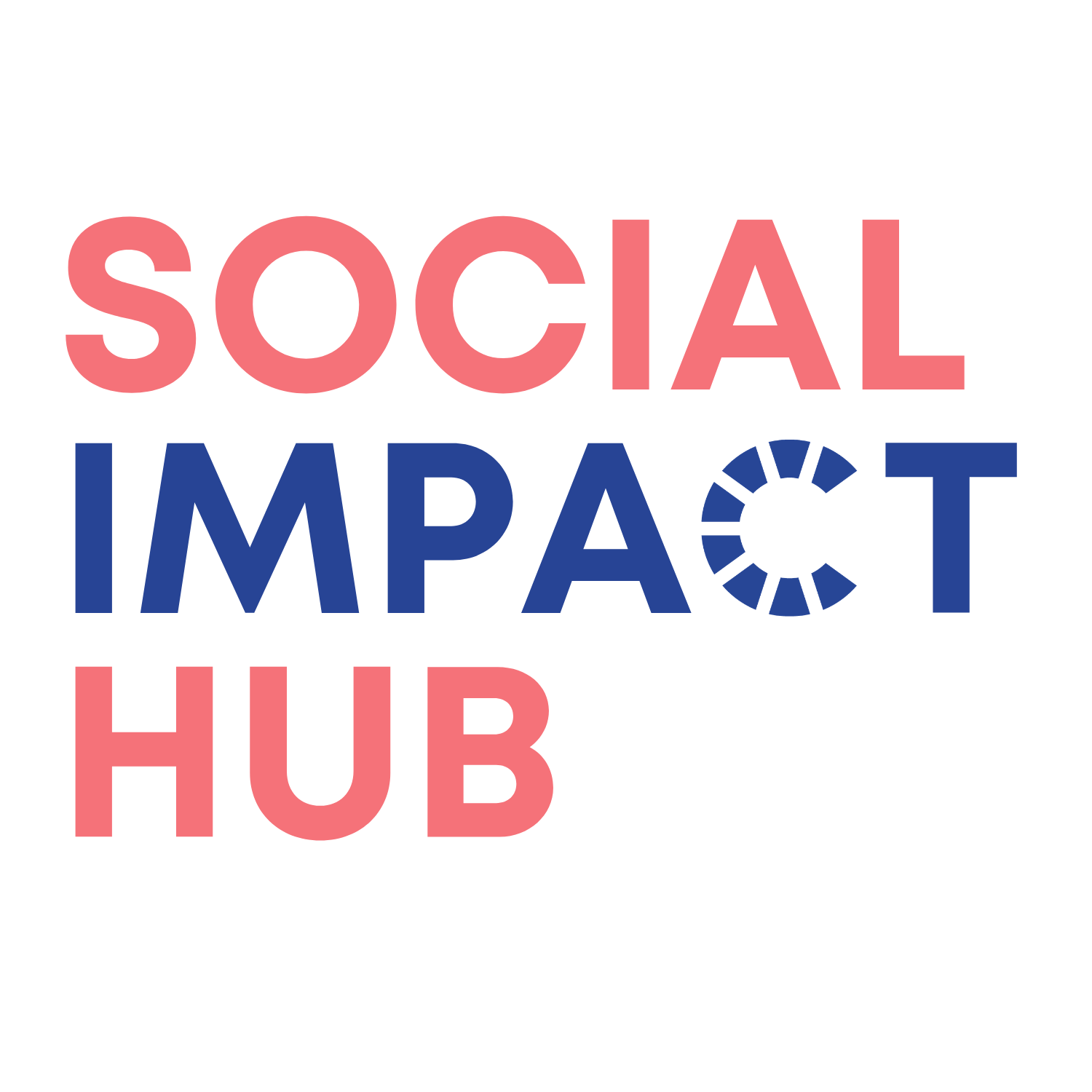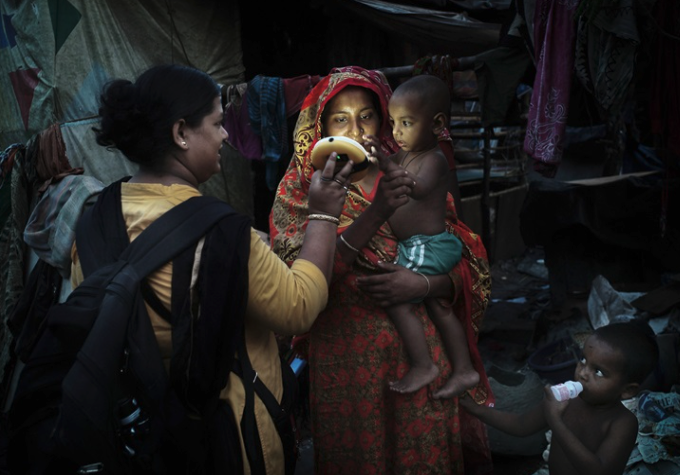Social Enterprise Legal Toolkit Case Study: Pollinate Group
The problems facing women and communities living in extreme poverty are complex, so solutions need to work on many levels. Pollinate Group empowers women as leaders of change to distribute products, such as solar lights, water filters and clean cookstoves, that improve health, save time and save money for the world’s most disadvantaged communities.
Pollinate Group identifies, trains and develops local women entrepreneurs in India and Nepal who serve hard to reach families living on less than US$1.90 a day. Women entrepreneurs earn respect and meaningful income and act as role models who then raise awareness about better product alternatives. Customers can afford the products through customised payment plans and the default rate is a meagre 2%.
Since its inception in 2012, Pollinate Group has empowered more than 500 women and reached more than 600,000 people with quality household products.
Pollinate Group also deliver immersive programs for students, professionals and leaders from around the world, who seek to have immediate impact and learn about opportunities from different communities.
To operate at this scale, Pollinate Group expanded its business, including more Indian states. But scaling has not been without its challenges…
Investing in human capital can be difficult. Recruiting and training local people is challenging, especially when they live in slums. Originally Pollinate Group focused on selling solar lights, but working closely with households, they soon realised they needed more product options. They also observed that it was necessary to empower women as leaders of change and adopted approaches from the Nepal operations to refine the approach in India.
As they were growing, Pollinate Group also had to work out which legal structure would enable it to operate efficiently and to continue to scale its impact in support of its mission. To this end, Pollinate Group has multiple organisations spread over Australia, India, USA and Nepal. They currently have 5 companies and a trust.
Pollinate Group originally registered in Australia as a company limited by guarantee (‘CLG’) to help them raise funds. They received DGR status in their third year of operation. Since the organisation’s activities are international, they needed to obtain registration as an overseas aid gift deduction scheme (‘OAGDS’). Now they can raise tax deductible funds in Australia and use them in their overseas operations. These funds can be used as service payments under contracts with the Indian company or for an equity investment in the Indian company.
Operating in several countries was always going to be complicated. To operate in India, it was necessary for Pollinate Group to set up Indian companies with local directors. They operate in India through a private company that manages all operational activities, purchasing bulk quantities of products and selling them to the entrepreneurs.
At first, Pollinate Group had to register in each state in which they operated, but now a limited liability partnership (LLP) structure has been established. Establishing the LLP enabled them to offer entrepreneurs a choice: to become employed by this new entity, and take up a stable salary and benefits, or continue to develop their own business, continuing as a franchisee with access to ongoing business development and support.
Pollinate Group's growth was also supported by debt financing of its Australian company limited by guarantee provided by Australian impact investors. The debt was serviced through fellowship programs which generate fee income.
This investment also focussed Pollinate Group’s attention on the importance of ensuring that grant money is kept separate from payments to private investors.
"You need to understand the compliance side in your international sphere, and the investor side in terms of what people are looking for, and then you can understand the funding options suitable for you ... you will need different kinds of capital for different kinds of things as you grow."
Having multiple companies means that Pollinate Group has several layers of governance requirements and there are more people to co-ordinate, since there are different Boards of Directors for each company. At the beginning this was time and energy intensive as the founders resolved many of the compliance challenges themselves. Now, however, a company secretary has been employed to coordinate all the administrative work.
Pollinate Group has successfully operated a hybrid model across borders. As a charity they have been able to access government grants, but have ensured that their eligibility for grants has not operated to restrict other finance options. As such, Pollinate Group is now thinking about expanding into other countries. Their experience has shown them that they should try to establish a local partnership, if possible.
"A hybrid structure gives you the best of both worlds but makes it more complicated."
By generating revenue streams from fellowship programs and consulting as trainers, Pollinate Group aims to create a self-sufficient model where operations are not solely financed by donations. In this way they aim to scale and build further networks, and achieve their goal to leave poverty behind.
You can read more about the Pollinate Group here.


